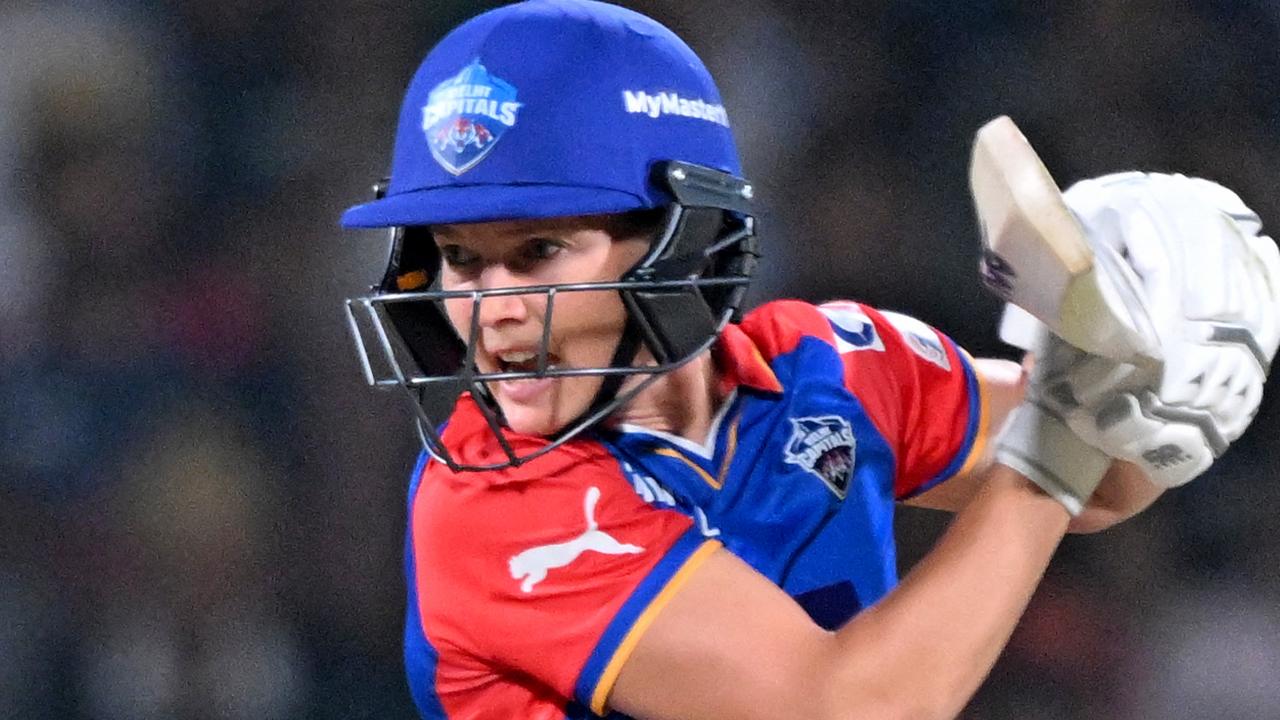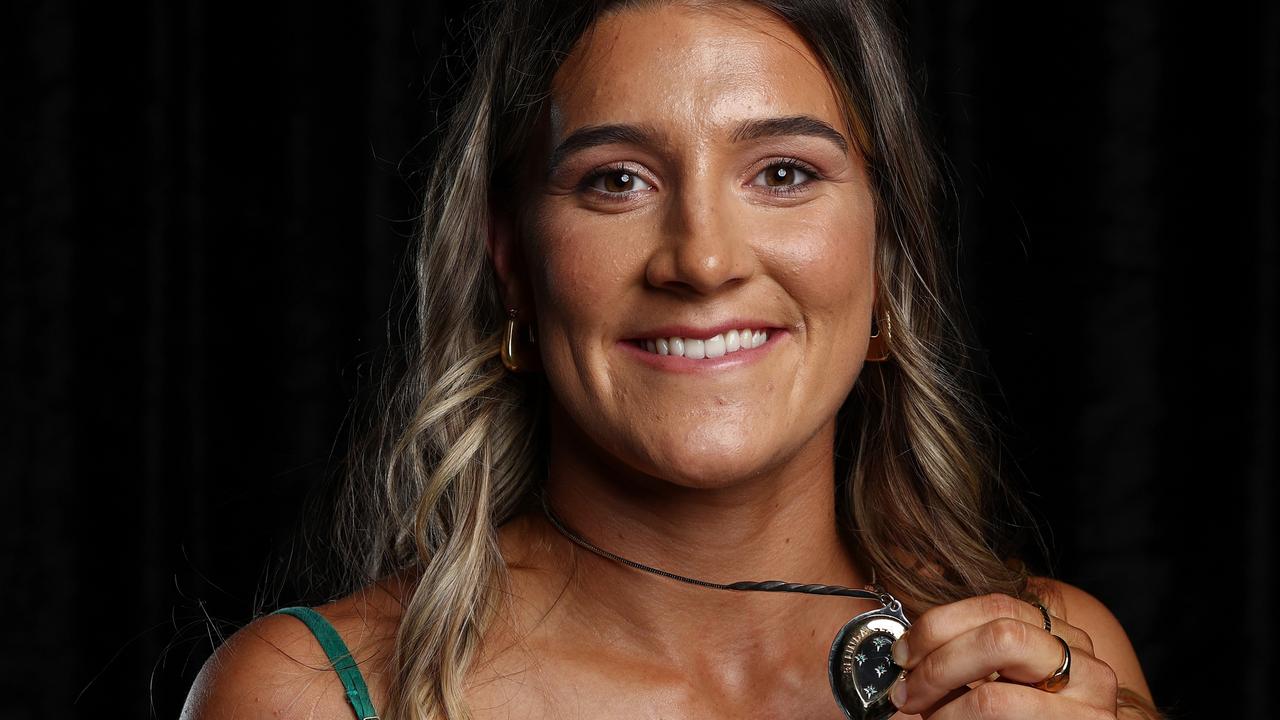‘You can’t play because you’re Indigenous’: Hannah Darlington proves dad wrong
A family’s Aboriginal heritage would have remained a closely guarded secret if not for a 13-year-old girl’s innocent obsession with cricket.
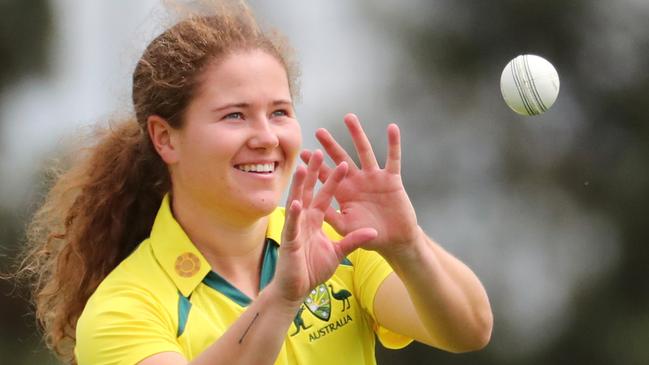
Women's Cricket
Don't miss out on the headlines from Women's Cricket. Followed categories will be added to My News.
Australian women’s cricket star Hannah Darlington’s blossoming international career has been built on the courage of her father to look the world in the eye.
The family’s Aboriginal heritage had been kept a closely guarded secret, and would have remained that way if not for a 13-year-old girl’s innocent obsession with cricket and her father Charlie’s brave decision to set her free.
“I saw the national Indigenous championships happening, and as a kid, I just wanted to play as much cricket as I could,” Darlington said.
“Dad was like, ‘You can’t play in that because you’re not Indigenous.’
“But then the next year, I once again was like, ‘I would really love to be able to play more cricket, not understanding why I wasn’t allowed to play (in a tournament for Indigenous cricketers).
“And then Dad had the conversation … ‘well, you’re actually Indigenous’.”
It was a life-changing moment, not only for Darlington, but for Charlie and the wider family who together went on an extraordinary journey of self-discovery.
Darlington, named NSW’s youngest ever cricket captain at just 19 years of age, is one of Australian sport’s most significant Indigenous role models.
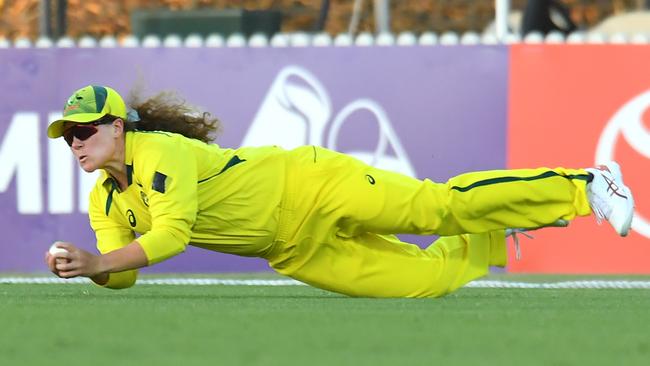
The now 21-year-old fast bowler with the world at her feet, has been inspired by the courage her father showed in opening up with the truth, when continuing to live in secrecy would been the easier path.
“He grew up in the country town of Barraba, north of Tamworth. The family had a big role in the town so they decided to keep it as something they didn’t want the town to be aware of,” Darlington explained.
“We hear more of these stories every day. That was just normal.
“He came to Sydney and never even thought about it to even consider that he wanted to learn or live proudly as an Indigenous man.
“But as soon as he saw his kids interested, that sort of flipped the switch.
“We’ve spoken about it a little bit recently because he understands the fact that the family is going on a journey and he can take a lot of pride in the fact he had that conversation.
“We all look back on the fact he was able to overcome that challenge of being a country boy moving to Sydney and raise us and keep that connection back to Kamilaroi land, which is really special.
“We try and get back there as often as we can, and it’s nice for him to get home and see those connections he didn’t have when he was a kid.”
Discovering her Aboriginality as a teenager didn’t come without challenges, and Darlington said she was forced to deal with racist comments from ignorant classmates in high school who couldn’t understand why an Indigenous person could be pale skinned.
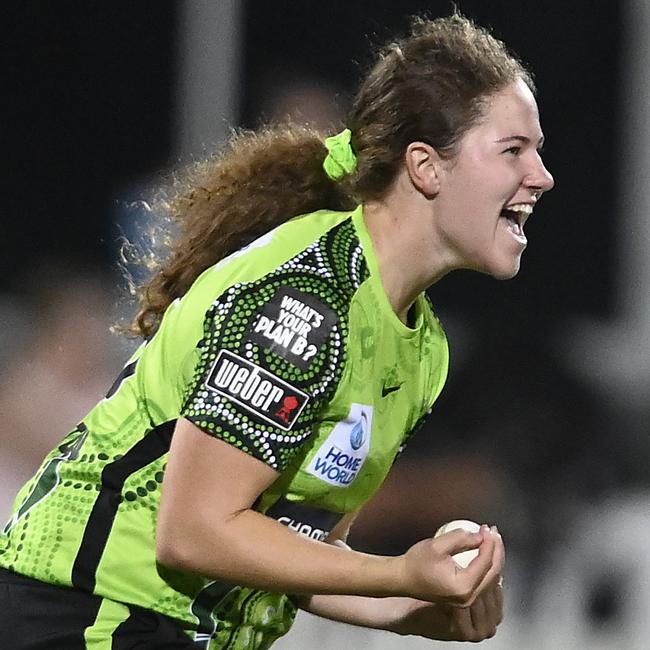
When Darlington went on a historical tour of England with an Australian Aboriginal team to mark 100 years since an all-Indigenous team became the first Australian sporting team to tour internationally, she and other players were also subjected to racist comments from British fans.
At high school she didn’t always have the answers, but Darlington has developed a response where she is motivated to educate.
“Some of the English fans were wondering why an Indigenous team was over there full of white people, and we (teammates) were like, ‘we’ve got to make a difference here,’” Darlington said.
“I kind of take it in terms of a bit of a humour approach and say, ‘if you put milk in coffee, it’s still coffee,’ and they’re like, ‘oh, that’s completely true. Sometimes that’s all it takes for them to understand.
“Then you obviously go through the conversation of it’s a bloodline you go through, it doesn’t change. You’re still as proud as anyone, no matter the colour of your skin.
“Someone who has never met me, I don’t take personally if you ask a question like that. But I just don’t want you to ask the next person the same question. That’s the key thing.”
When Charlie Darlington came forward about the family’s Aboriginal heritage, he couldn’t have known that far beyond allowing his daughter to play in a cricket tournament, his profound act of courage was going to equip her with the resources she would need to later conquer challenges that have proven overwhelming for other young athletes.
Hannah Darlington pulled out of an Australian World Cup campaign to deal with mental health issues, and credits her connection to country for helping her put life into perspective.
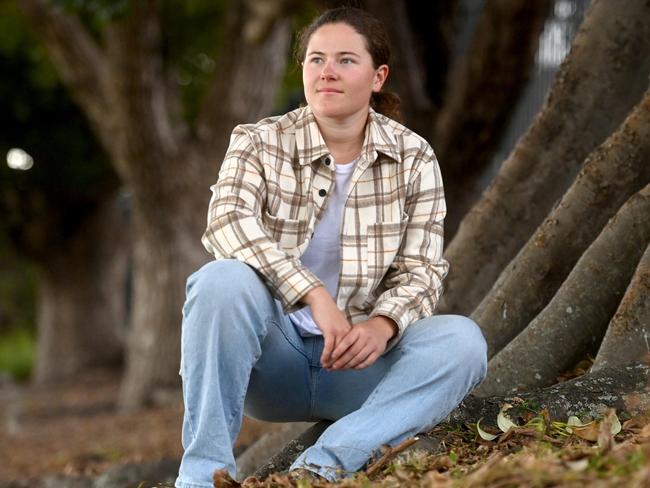
“I remember my first year in Alice Springs (at the Indigenous championships) and I was like, ‘I’m ready to win’, I’d come from this pathway where I had this mentality that I was ready to win. And they (the elders in the team) were like, ‘nah, we’re just going to have fun,’” Darlington said.
“And that brought that into my every aspect of cricket, which was massive.
“I’ve taken breaks from the game to get that love of cricket back, so going back to play in the Indigenous championships is always a massive ‘fill your cup’ moment, not only because there’s such a connection to culture, but it’s the most enjoyable cricket I’ve ever played.
“… When I took the (mental health) break, I turned off my phone and went straight onto country.
“That was the only thing I wanted to do was to get back on land, refresh, and feel that connection back to my land and the people I feel most comfortable around.
“It was literally a massive moment for me to realise how important it was for me to be able to do that.”
Darlington believes Australian cricket needs to be less fixated on trying to add to the embarrassingly low number of Aboriginals to play for their country, and instead pour energy into simply getting Indigenous kids playing the game.
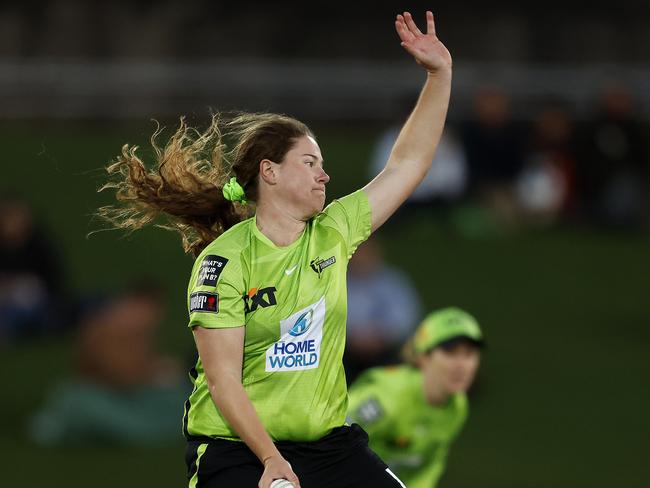
“The AFL and NRL are in an outstanding position that they just need a footy to be able to play the sport. I’m big on a donation to community (from cricket administrators) needs to be equipment, and then the rest can work itself out in terms of how they want to bring themselves into the game,” Darlington said.
“I think just starting with the small things. It’s really special because there’s so much incredible talent out there, and we see with Ash Gardner (Aboriginal women’s cricket star for Australia) that the flair Indigenous people have is incredible. We just have to give them the opportunity to show that.”
Beyond cricket, Darlington said the biggest thing Australian society can do to advance recognition of Aboriginal people is education in schools.
“I only left school four years ago and I walked out not knowing too much about our Indigenous history,” Darlington said.
“I feel like that’s the easiest place to start. History was one of my favourite subjects at school and I learnt more about different countries around the world and their Indigenous heritage, rather than our own.”
More Coverage
Originally published as ‘You can’t play because you’re Indigenous’: Hannah Darlington proves dad wrong



